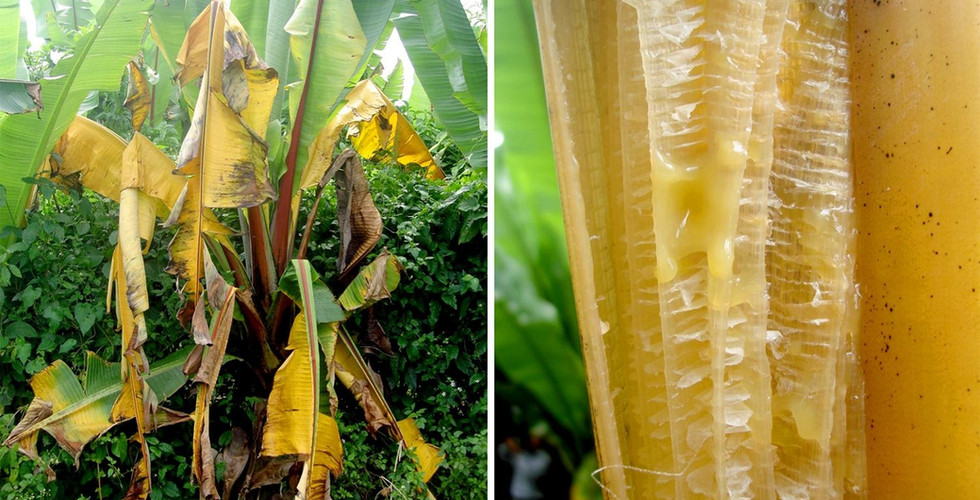Transgenic crops introduction sparks media debate
- Mekonnen Teshome
- Jun 12, 2020
- 3 min read
Updated: Jun 15, 2020
By Mekonnen Teshome Tollera
With poor field management, bacterial wilt disease infects Enset plantation in dry season (Photo: Bioversityinternational)





Comments